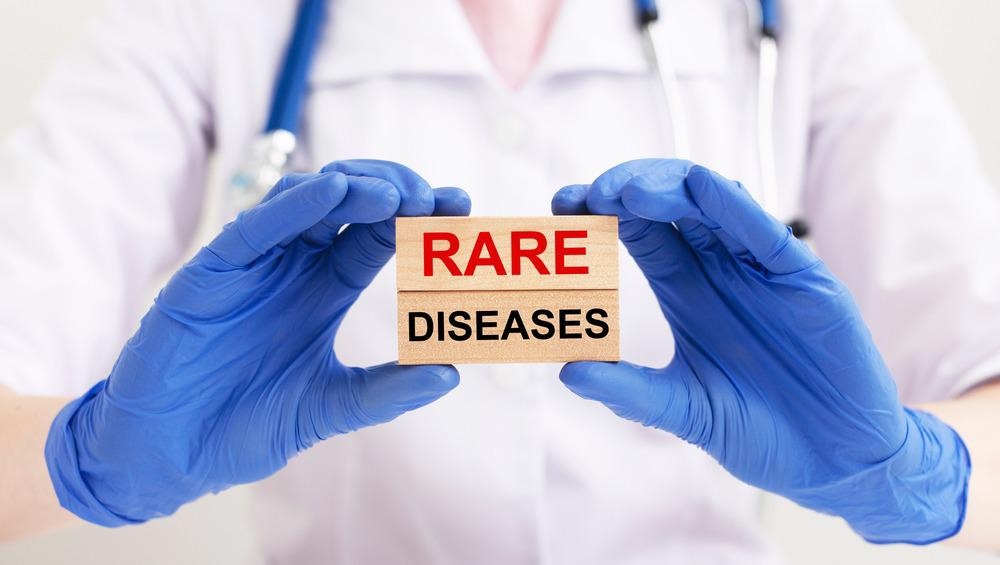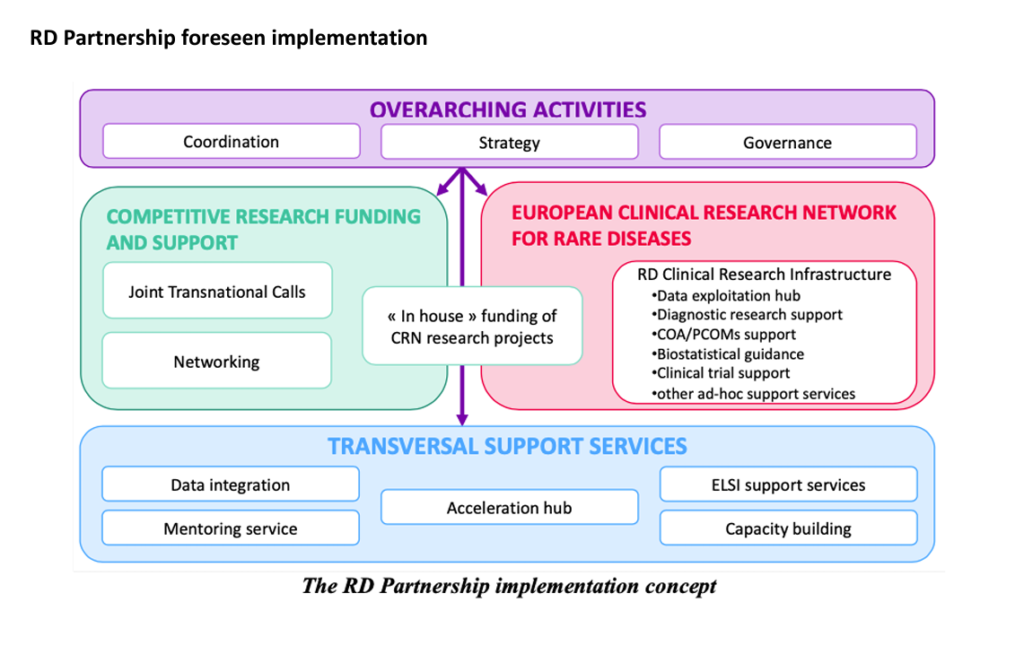The upcoming European Partnership on Rare Diseases (RD), an initiative scheduled for launch in 2024 under Horizon Europe is rooted in collaborative research and innovation. It seeks to address the unique challenges posed by rare diseases, ultimately improving the lives of millions across Europe.

Understanding European Partnerships:
European Partnerships, crucial components of Horizon Europe, unite the European Commission with private and/or public partners to collectively tackle pressing challenges. Rare diseases emerged as a strategic focus during the planning of Horizon Europe, reflecting a commitment to address critical health issues.
The RD Partnership, falling under the co-funded partnership scheme, emphasizes collaboration among EU countries, research funders, and public authorities. This approach aims to prevent duplication of investments and reduce fragmentation in rare disease research.
Goals of the RD Partnership:
The primary objective is to enhance the lives of patients with rare diseases by fostering multidisciplinary research and innovation programs. Coordinating national, local, and European efforts, the partnership will integrate research funding with supportive activities such as training, data infrastructure development, and standardization.
As described in the full Concept Paper of the RD partnership, the aim of the Rare Diseases (RD) Partnership is to improve the health and well-being of 30 million persons living with a rare disease in Europe, by making Europe a world leader in RD research and innovation and delivering concrete health benefits to rare disease patients (through better prevention, diagnosis and treatments). The Partnership will support the EU commitment to UN 2030 Agenda’s Sustainable Development Goals: (i) Good health & wellbeing (SDG3), (ii) industries, innovation and infrastructure (SDG9), (iii) Reduced inequalities (SD10) and (iv) Partnerships for the goals (SDG17).
To leave no one behind, RD Partnership will deliver a RD multi-stakeholder ecosystem by supporting robust patient need-led research, developing new therapies and diagnostic pathways, by utilizing the power of health and research data and spearheading the digital transformational change in RD research and innovation (R&I).
The Partnership will structure the European Research Area (ERA) on RD by supporting the coordination and alignment of national and regional research strategies, including the establishment of public-private collaborations, through research activities all along the R&I value chain, ensuring that the journey from knowledge to patient impact is expedited, thereby optimising EU innovation potential in RD.
Building on the success of the European Joint Programme on rare diseases (EJP RD), the RD Partnership’s estimated budget of €537,015,800 aims to fund competitive research, clinical networks, transversal activities, and governance, fostering a comprehensive ecosystem for rare disease research. The ambition of the RD Partnership is to build on the successes of EJP RD and provide solutions for tackling the identified main R&I bottlenecks hindering the efficient development of better diagnosis, therapy and care fostered by research in the RD field. The identified bottelnecks are:
- Need for further coordination & alignment of research funding & optimal integration with national rare diseases plans/strategies.
- Huge gap in translation of research results to deliver cost-effective solutions for people living with a rare disease; innovative actions needed to bridge the current gaps
- Fragmentation of knowledge & data, lack of a holistic R&I ecosystem
EJP RD is organised around 5 main axes:
- Collaborative Research Funding (including Joint Transnational Calls (JTCs)),
- Coordinated Access to Data, Tools & Services (Virtual Platform),
- Capacity building (training) & empowerment,
- Accelerated translation of research results & clinical studies,
- Centralised coordination and transversal activities (strategy, sustainability, ethics & regulatory, communication).
The RD Partnership aspires to accomplish a tripartite mission by 2031: bring together R&I resources, enroll consenting patients in suitable clinical studies, and position Europe as a global leader in rare disease research through infrastructure support and increased investment.

Aligned with Horizon Europe and EU priorities, the RD Partnership contributes to a stronger, digitally advanced, and globally impactful Europe. It addresses key research bottlenecks, enhances coordination, and bridges gaps in translating research results into tangible solutions for rare disease patients.
As described in the full Concept Paper of the RD partnership, the mission for the Partnership is to provide a suitable infrastructural and regulatory-compliant environment enabling an improved European competitiveness in RD research and health care. It will be achived by:
- Bringing supporting R&I services from across Europe under one roof so that every high-quality RD research project will benefit from cross-disciplinary expertise, goal-oriented study planning and efficient execution.
- Enabling every consenting patient living with a rare disease to be findable and enrolled in a suitable clinical study, by boosting generation of regulatory-level and FAIR-compliant data from diversity of sources, with the ultimate goal to fasten advances in prevention, diagnosis, disease knowledge and treatment.
- Making Europe a global leader on rare disease research through a significant increase in investment to spur innovation, leading to job creation and improving EU competitiveness in R&I.
UPDATE:

Institute of Human Genetics of PAS has become a member of the ERDERA partnership – European Rare Diseases Research Alliance selected in the Horizon Europe call for European partnership on rare diseases 2024-2031. The ERDERA consortium coordinator is the Thematic Institute of Genetics, Genomics & Bioinformatics, INSERM from France. IHG PAS is the only research institution from Poland that has become a partner in the ERDERA partnership.
Further information (in Polish language only):
National Contact Point for Horizon Europe (NCP Department) in Poland information on European partnerships: click here
Contact to Polish NCPs for Rear Diseases partnership click here


